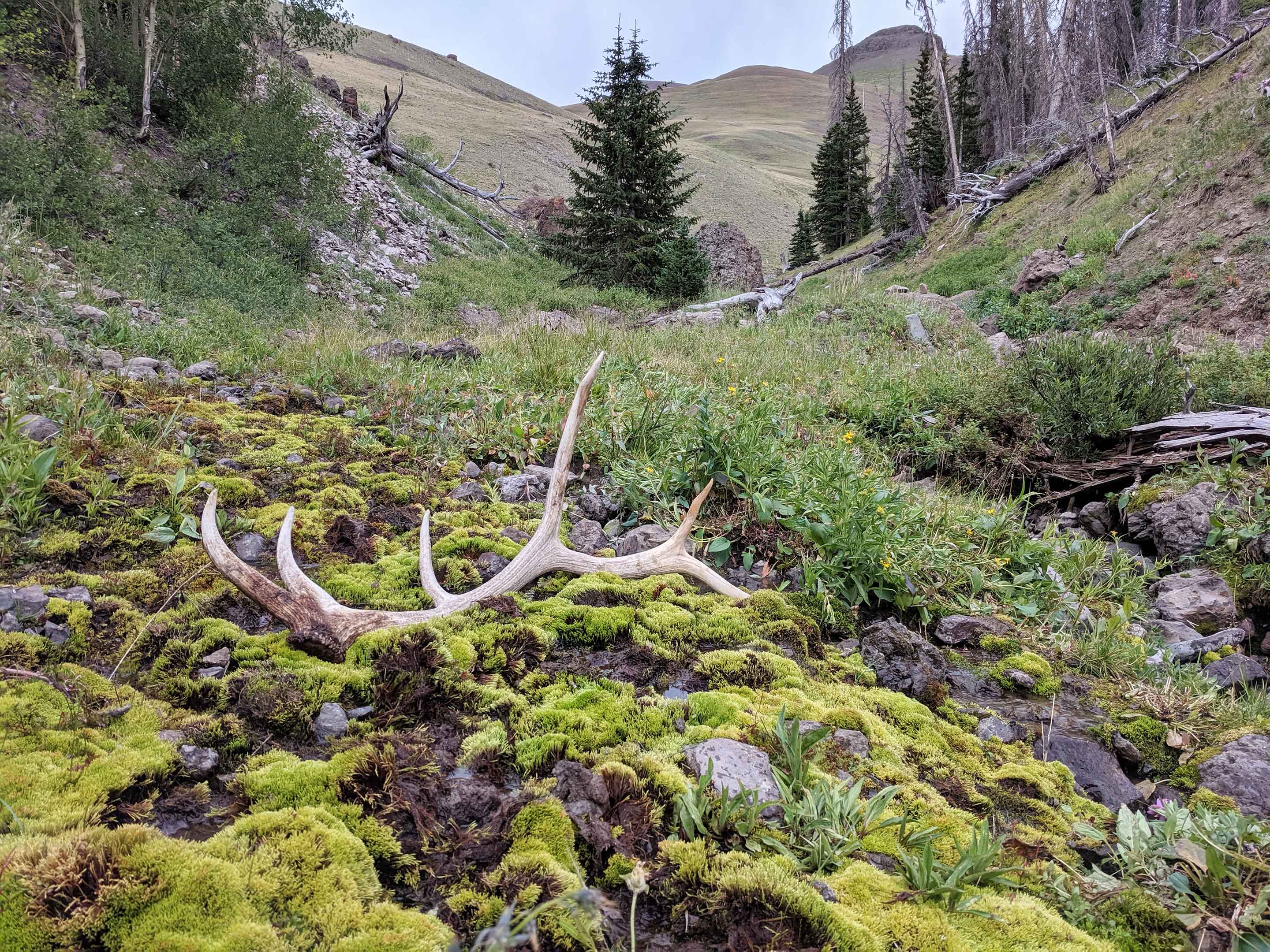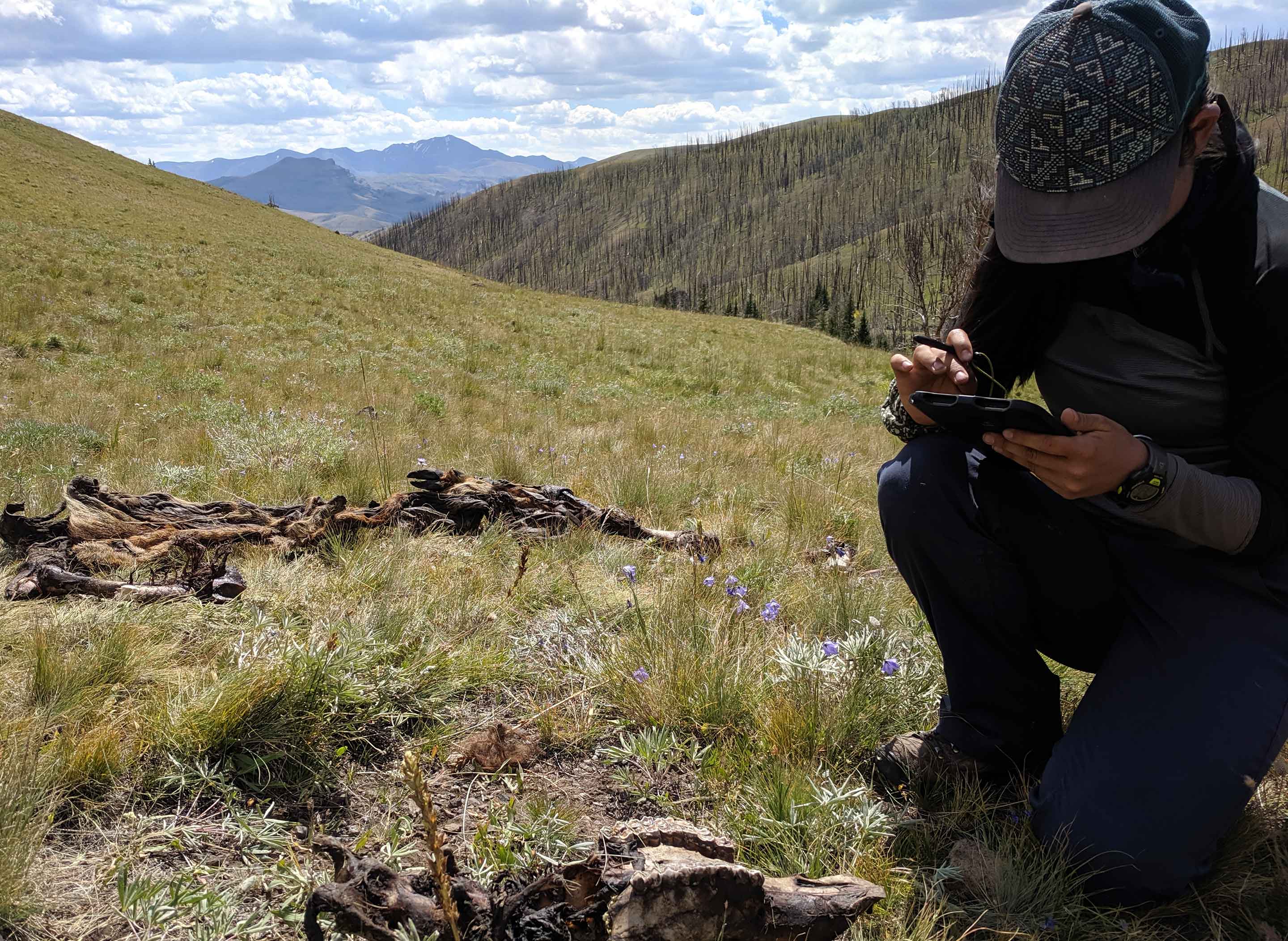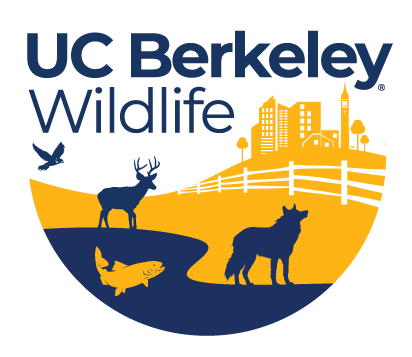
[image caption]
The terrestrial and aquatic vertebrates we know collectively as “wildlife” are critical to healthy ecosystems and the services and cultural values they support. Wildlife can also serve as sentinels, giving us insight into our changing environment - and how we can sustain it. The demand for new science, strategic thinking, and training in biodiversity conservation has never been greater. Berkeley Wildlife is stepping up to this demand as a problem-driven, interdisciplinary program that conducts cutting-edge research and trains future leaders to tackle complex problems in wildlife ecology, management and policy.
As California’s land-grant institution since 1868, Berkeley’s commitment to natural science and outreach is rooted in our DNA. Renowned naturalist and conservationist Joseph Grinnell brought wildlife science to life at Berkeley in the 1920s. Grinnell, founder of Berkeley’s Museum of Vertebrate Zoology, conducted the first surveys of biodiversity in California as the basis for sound stewardship. He brought a scientific perspective to many debates - including the management of species from songbirds to salmon to wolves - that was well ahead of his time.
A. Starker Leopold extended this tradition when he joined Berkeley’s faculty in 1946. Like his father, Aldo Leopold, Starker was a gifted ecologist and avid sportsman who embraced the wide range of values and stakeholders associated with wildlife ecology and conservation. Leopold’s leadership is exemplified in the now famous Leopold Report of 1963, which brought ecological thinking to US national parks - triggering efforts, which continue even to this day, to reintroduce large carnivores, fight invasive species, restore natural fire regimes, and protect large landscapes.

[image caption]
Starker Leopold led a thriving wildlife group at UC Berkeley until 1978. His vision was clear: provide scientific support to diverse stakeholders seeking to manage and conserve wildlife. He was joined by several faculty and staff who together trained dozens of graduate students by engaging them in studies of terrestrial and aquatic wildlife in California and across the planet.
Today, Berkeley Wildlife is a thriving campus research unit that draws upon the university’s rich intellectual community to address some of our most pressing environmental problems in an era of rapid global change.

